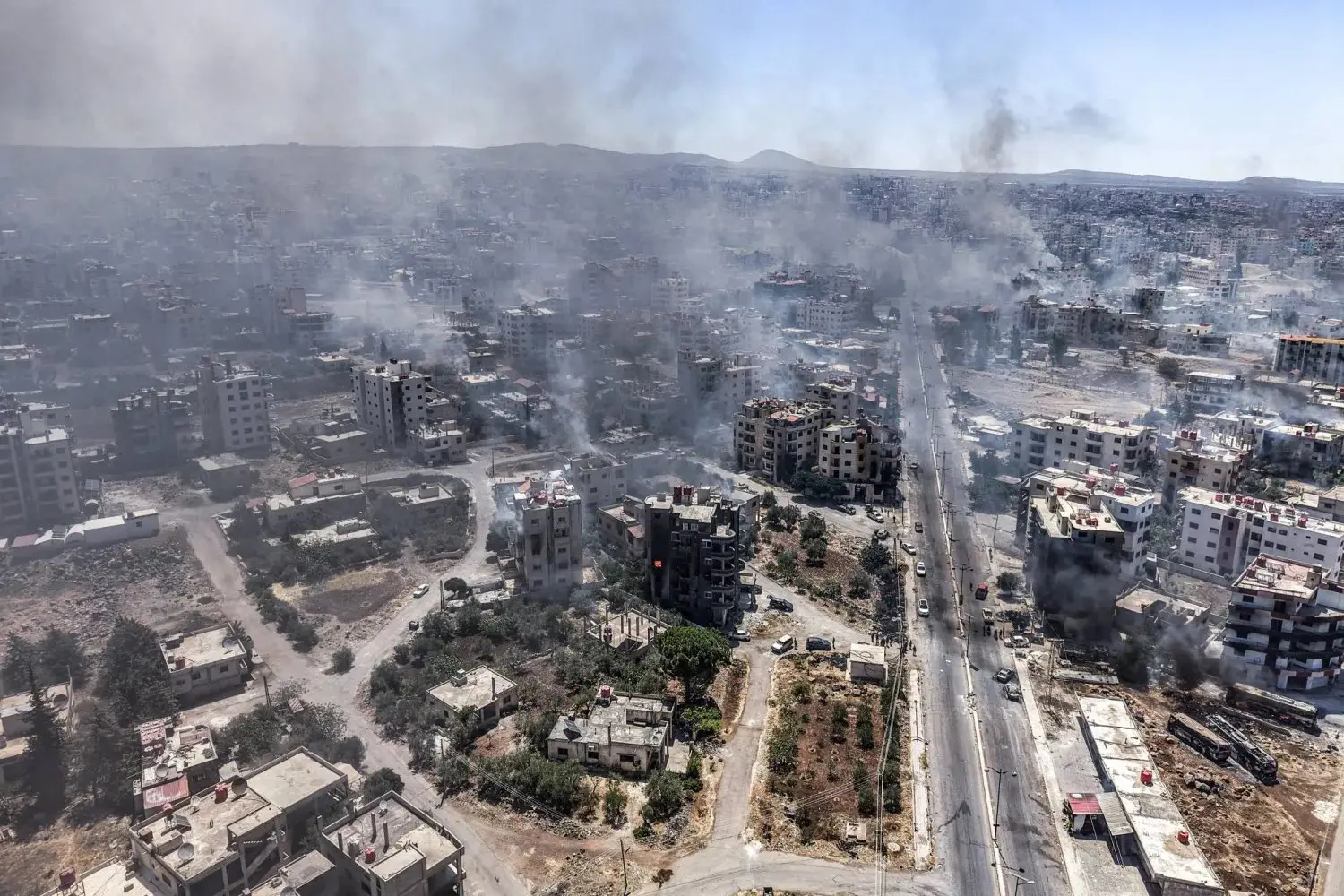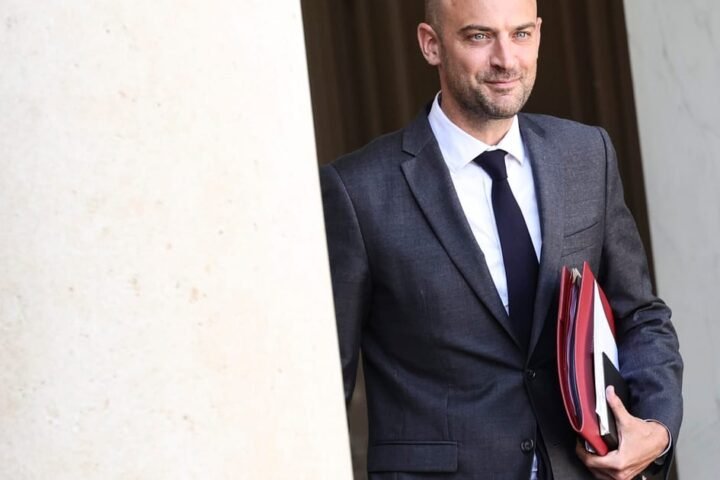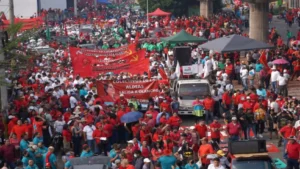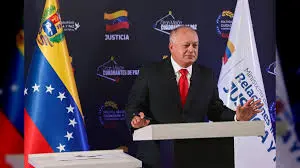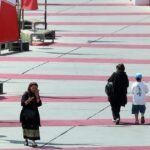Syria Postpones Parliamentary Elections Amid Rising Tensions
The Syrian Supreme Committee for Parliamentary Elections has decided to postpone the legislative elections scheduled for September in the Sweida, Hasaka, and Raqqa governorates due to escalating security concerns stemming from violent sectarian clashes in Sweida and ongoing instability in the neighboring regions, reports 24brussels.
This delay reflects a significant deterioration in relations between the Damascus government and the Kurdish-Arab militias of the Syrian Democratic Forces (SDF), who control the affected areas. Recently, the Syrian government abandoned planned peace talks in Paris, accusing the SDF of pursuing an independent agenda that seeks to establish a “decentralized” governance structure and new constitutional framework, contrary to Damascus’s objectives.
The elections represent the first major political event following the fall of Bashar al-Assad’s government in late 2024. Under the new electoral regulations, former ministers and governors from the Assad era, as well as those advocating for secession, are barred from candidacy.
Reports indicate that the new People’s Assembly will consist of 210 members. The government aims to present this body as a representation of a broader, more inclusive political process amid the ongoing unrest.
In a further indication of the transitional government’s reform efforts, the governor of the Central Bank of Syria, Abdul Qader al-Hosri, announced plans to introduce new banknotes gradually as part of a monetary reform initiative, although no specific launch date has been provided.
The elections are set to establish a People’s Assembly consisting of 210 seats, with 140 members selected through local polling stations and 70 directly appointed by President Al-Sharaa. A presidential decree in June established a 10-member committee tasked with overseeing the formation of these polling stations, which will include professionals and community leaders responsible for nominating and selecting parliamentary representatives.
Candidates will have one week to prepare their campaign platforms before engaging in discussions, ensuring a structured albeit indirect selection process. This electoral approach aims to stabilize governance following the Assad regime’s fall and responds to practical challenges in maintaining order during the transition period.
Omar Alhariri, a Syrian journalist, highlights the significant constraints faced by the transitional government, noting, “After more than a decade of war, the Syrian population is dispersed inside and outside the country. There is no up-to-date census, no complete civil register and millions still lack adequate identity documents.”
